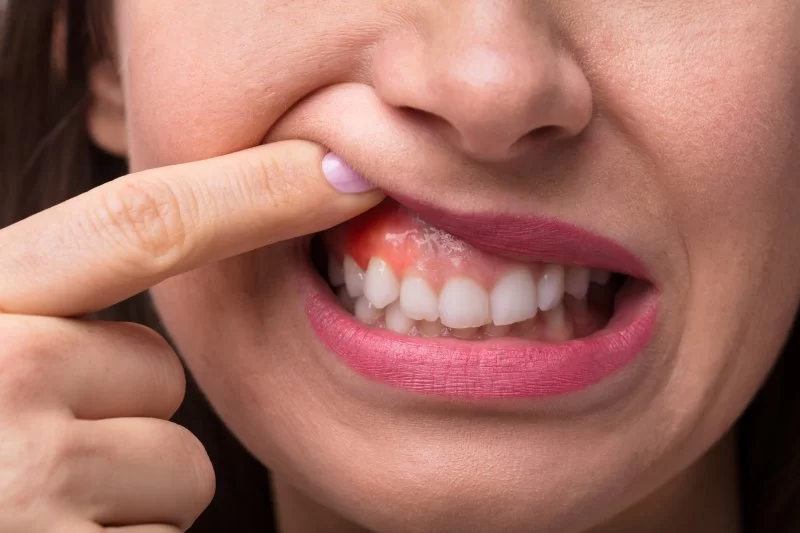
Best Treatments for Gum Inflammation: Effective Solutions for Relief and Healing
- 1. Understanding Gum Inflammation
- 2. Common Causes of Gum Inflammation
- 3. Best Treatments for Gum Inflammation
- 4. Natural Remedies for Gum Inflammation
- 5. When to See a Dentist About Gum Inflammation







 Middleton Family Dental4.0 (798 review)
Middleton Family Dental4.0 (798 review) Northpark Dental4.0 (99 review)
Northpark Dental4.0 (99 review) Dentists of South Pasadena4.0 (124 review)
Dentists of South Pasadena4.0 (124 review) Drs. Trava, Oh, Petix, Shon & Yang4.0 (21 review)
Drs. Trava, Oh, Petix, Shon & Yang4.0 (21 review) Eastern Dental3.0 (336 review)
Eastern Dental3.0 (336 review) Pediatric Dentistry Marlboro: Young Yi, DMD0.0 (0 review)
Pediatric Dentistry Marlboro: Young Yi, DMD0.0 (0 review) The Importance of Oral Health Education During Pregnancy for a Healthy Pregnancy
The Importance of Oral Health Education During Pregnancy for a Healthy Pregnancy Best Tips for Brushing Your Teeth Properly for Healthy Gums: Essential Techniques for Oral Health
Best Tips for Brushing Your Teeth Properly for Healthy Gums: Essential Techniques for Oral Health Why Skipping Dental Checkups Can Lead to Bigger Oral Health Problems
Why Skipping Dental Checkups Can Lead to Bigger Oral Health Problems Advantages of Porcelain Dental Restorations
Advantages of Porcelain Dental Restorations How Can Diabetes Cause Tooth and Gum Problems? Preventing and Managing Oral Health Issues
How Can Diabetes Cause Tooth and Gum Problems? Preventing and Managing Oral Health Issues Healthy Habits for Promoting Good Oral Health and Hygiene: Tips for a Healthy Smile
Healthy Habits for Promoting Good Oral Health and Hygiene: Tips for a Healthy Smile